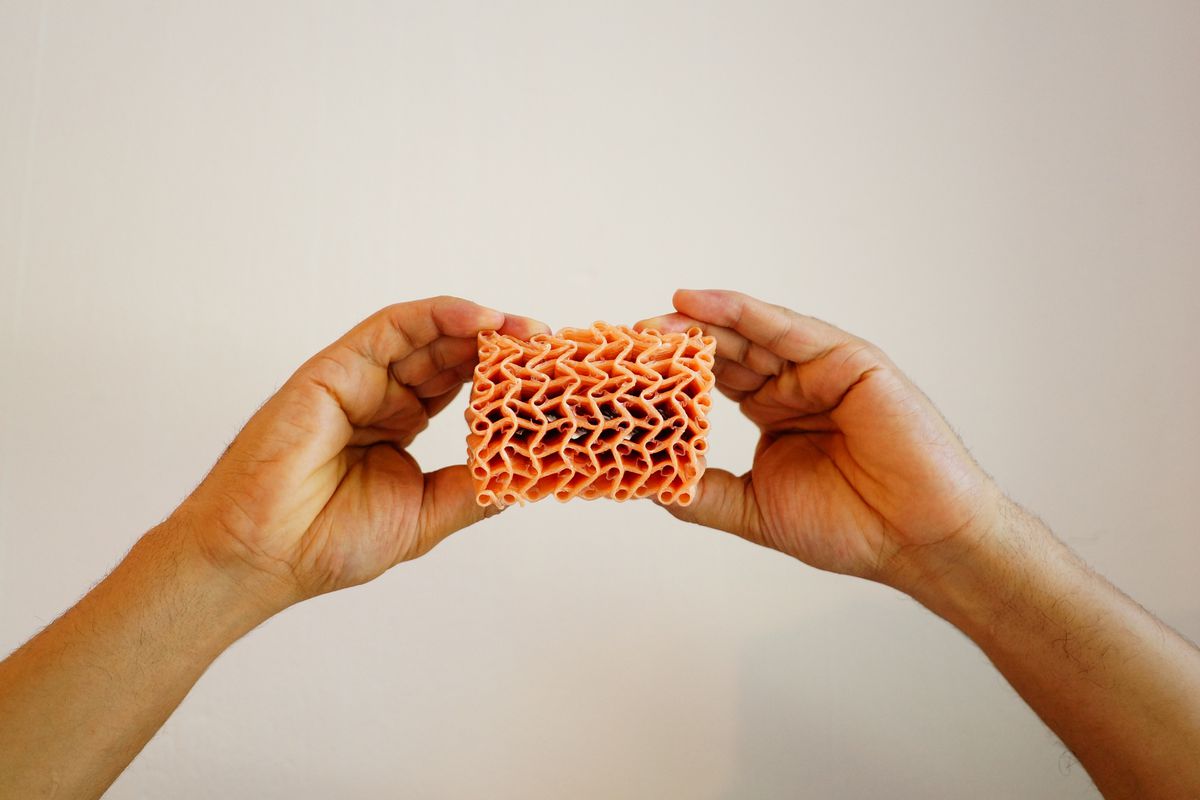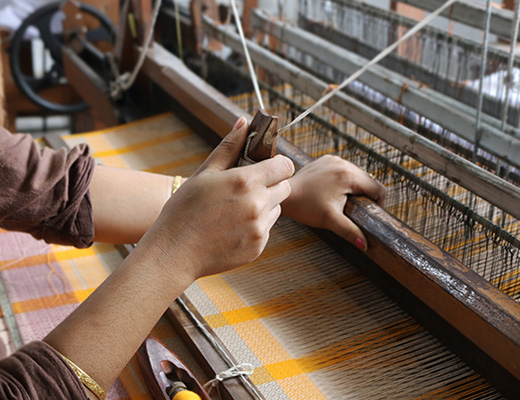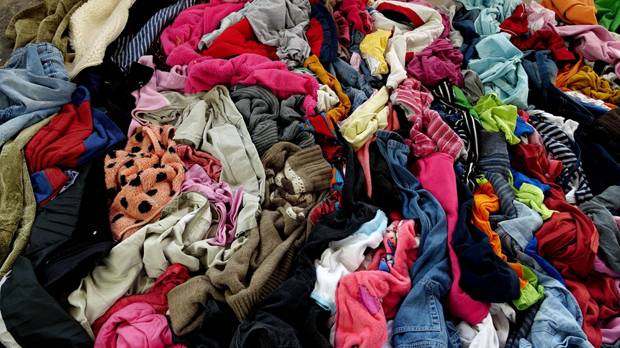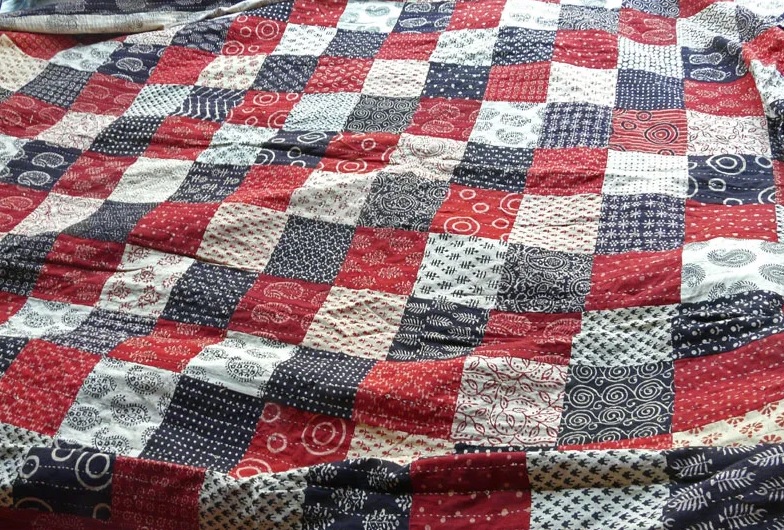India and Oman have finalized negotiations for a Comprehensive Economic Partnership Agreement (CEPA), signaling a significant advancement in their trade relations. The deal, set to be inked post the formation of a new Indian central government, aims at bolstering Indian exports to Oman by abolishing tariffs on various products including petroleum, textiles, electronics, pharmaceuticals, machinery, iron, and steel.
Sources close to the negotiations revealed that all outstanding issues have been resolved, with a focus on reaping benefits in services. The agreement holds promise for fostering a green, energy-efficient manufacturing base, enabling Indian firms to establish production facilities in Oman for exporting eco-friendly goods. This initiative resonates with India's commitment to sustainable manufacturing practices.
The strategic timing of the agreement, just ahead of India's general elections, underscores its political significance. Oman stands as India's third-largest export destination within the Gulf Cooperation Council (GCC), with bilateral trade reaching $12.39 billion in fiscal year 2023, marking a notable surge from $5 billion in fiscal year 2019.
Despite the burgeoning trade volume, a substantial portion of Indian exports to Oman currently incur an average import duty of 5 per cent. Oman's import tariff regime spans from 0 per cent to 100 per cent, with certain items such as meats, wines, and tobacco attracting a hefty 100 per cent duty.
The impending CEPA holds the promise of unlocking further growth potential in the bilateral trade relationship, fostering mutual economic benefits for both nations while facilitating the expansion of their respective manufacturing sectors.












